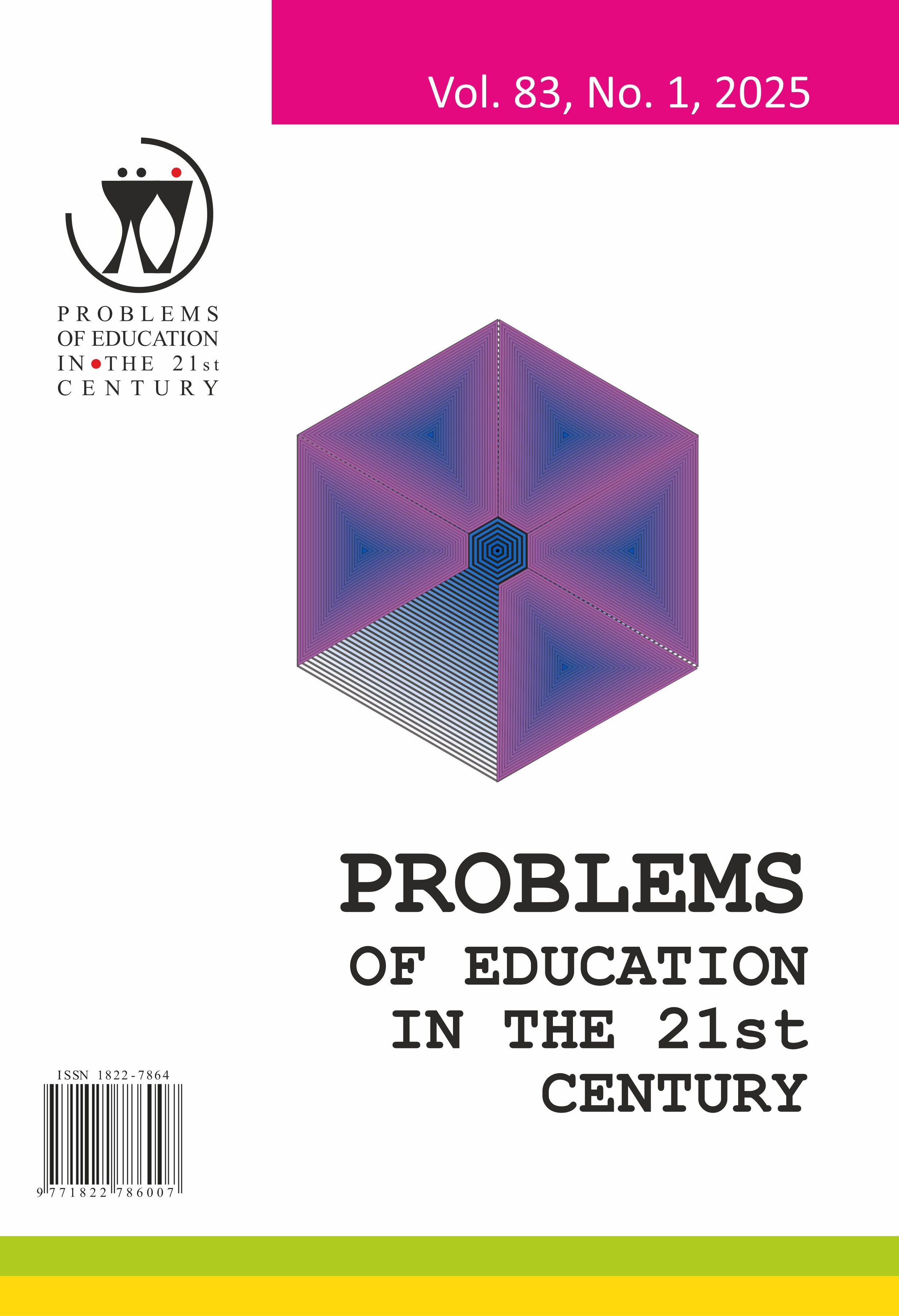UPPER-SECONDARY STUDENTS' PROBLEM-POSING AND MATHEMATICAL MODELING SKILLS IN THE CONTEXT OF STEM EDUCATION AND 21ST CENTURY SKILLS
UPPER-SECONDARY STUDENTS' PROBLEM-POSING AND MATHEMATICAL MODELING SKILLS IN THE CONTEXT OF STEM EDUCATION AND 21ST CENTURY SKILLS
Author(s): Ümit KarabıyıkSubject(s): Social Sciences, Education
Published by: Scientia Socialis, UAB
Keywords: mathematics education; STEM education; algebraic thinking; problem-posing; mathematical modeling;
Summary/Abstract: Mathematical problem-posing and modeling are essential skills in developing students' analytical thinking and problem-solving abilities. This study aims to examine correlation between 9th-grade students' problem-posing and mathematical modeling skills within the learning domain of numbers and algebra. Additionally, it evaluates students' mathematical modeling skills in relation to their 8th-grade mathematics scores from the Upper-secondary Entrance Examination (LGS). The research employs a quantitative approach, utilizing the relational survey technique. The study sample consists of 24 ninth-grade students from a private Upper-secondary school affiliated with the Ministry of National Education of the Republic of Turkey, selected through an accessible sampling method. The data were obtained from the students' examination results, problem-posing activities, and mathematical modeling questions. The data were examined using t-tests, Kruskal-Wallis tests, correlation analysis, and regression analysis. The findings indicated a significant relationship between ninth-grade students' problem-solving skills and mathematical modeling abilities. This relationship was found to be positive and moderate. The simple regression analysis of correlation between the two skills showed that the scores obtained from the problem-posing activities significantly predicted the scores obtained from the mathematical modeling questions. It was observed that problem-solving skills positively influenced mathematical modeling skills. In addition, it was concluded that there was no significant difference between students' LGS mathematics scores and their mathematical modeling skills, and that students with different mathematics score ranges showed similar performance in modeling questions. As a result, this study offers practical suggestions for improving education from the perspective of STEM education and 21st century skills.
Journal: Problems of Education in the 21st Century
- Issue Year: 83/2025
- Issue No: 1
- Page Range: 81-100
- Page Count: 20
- Language: English

